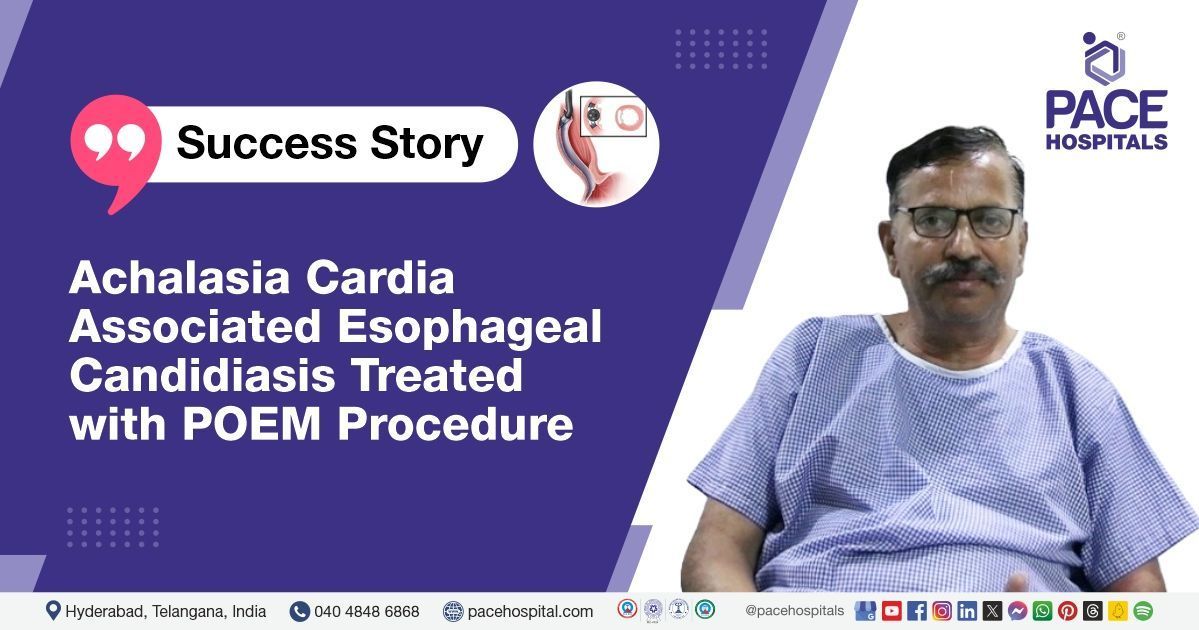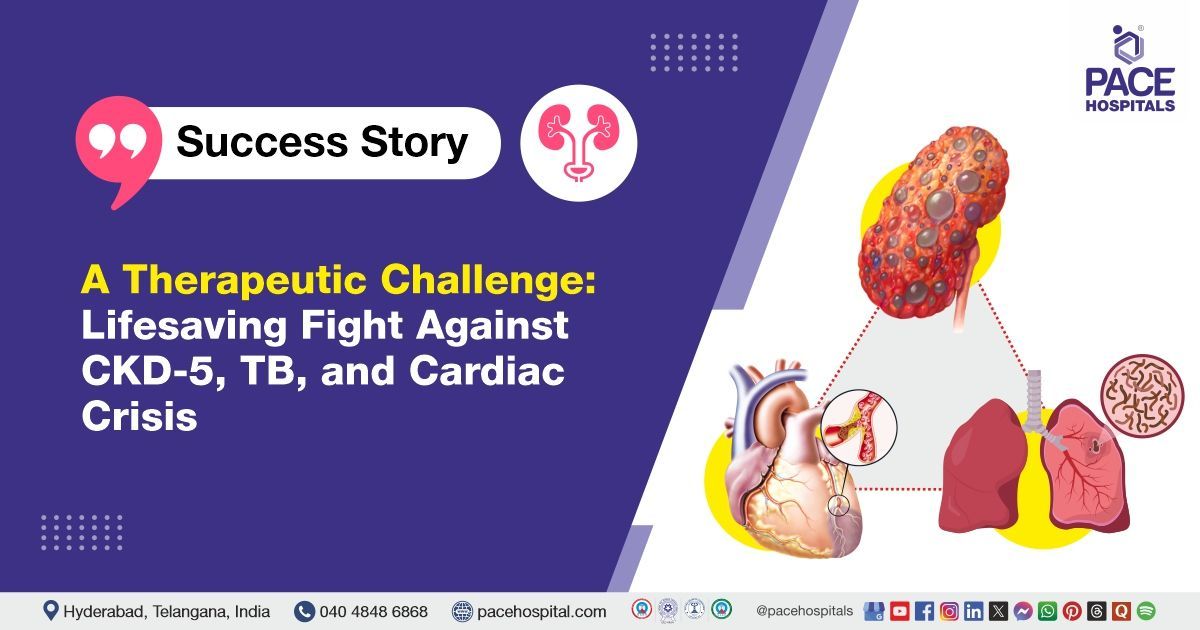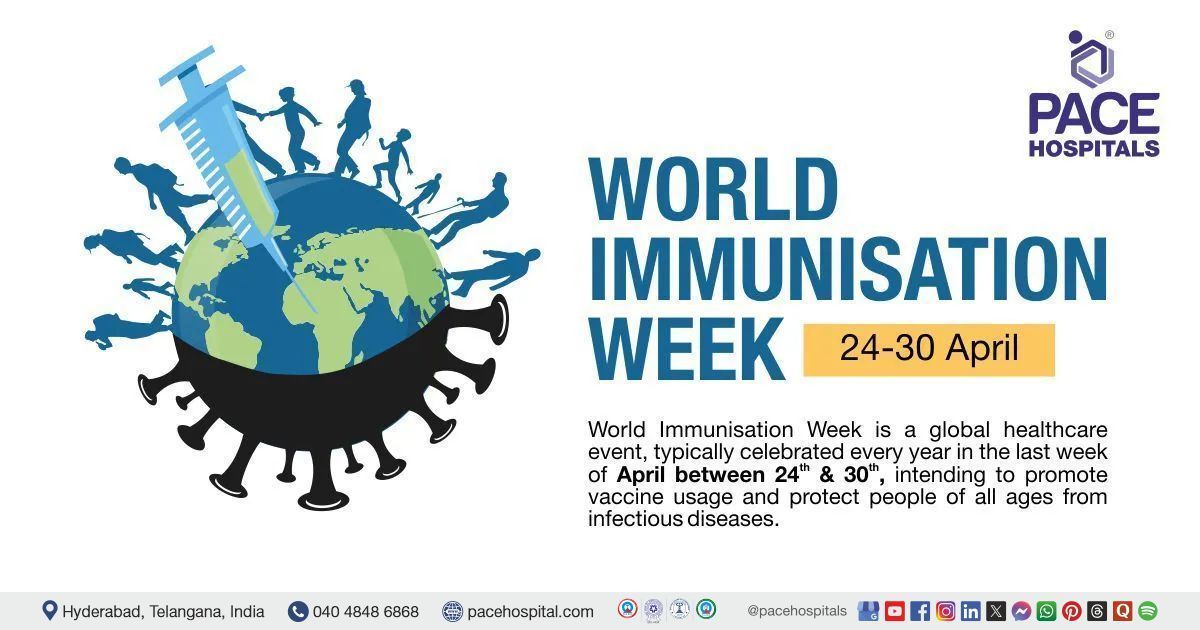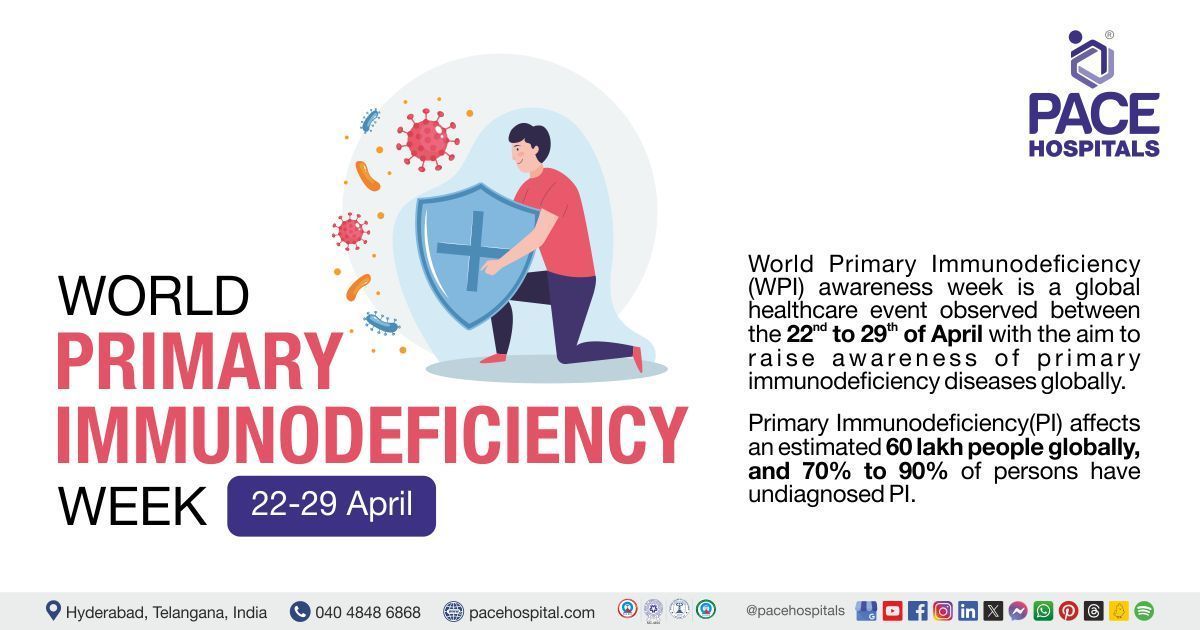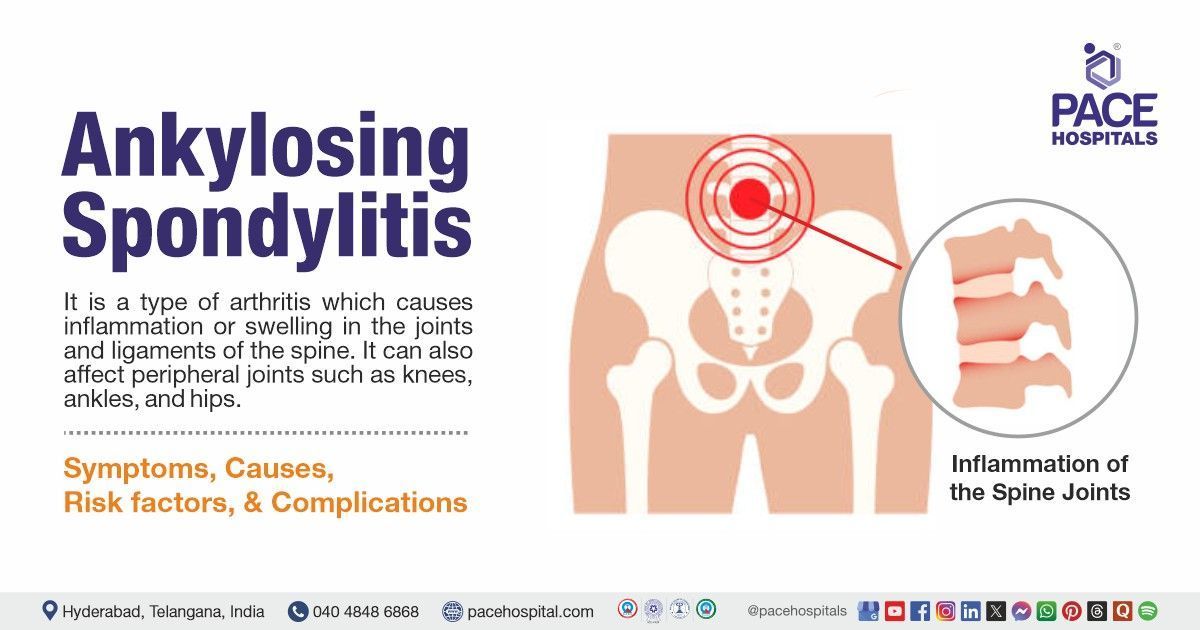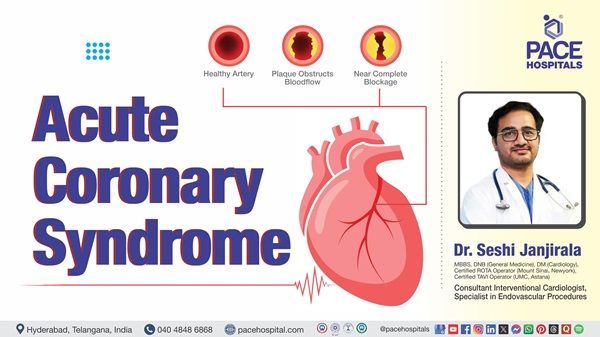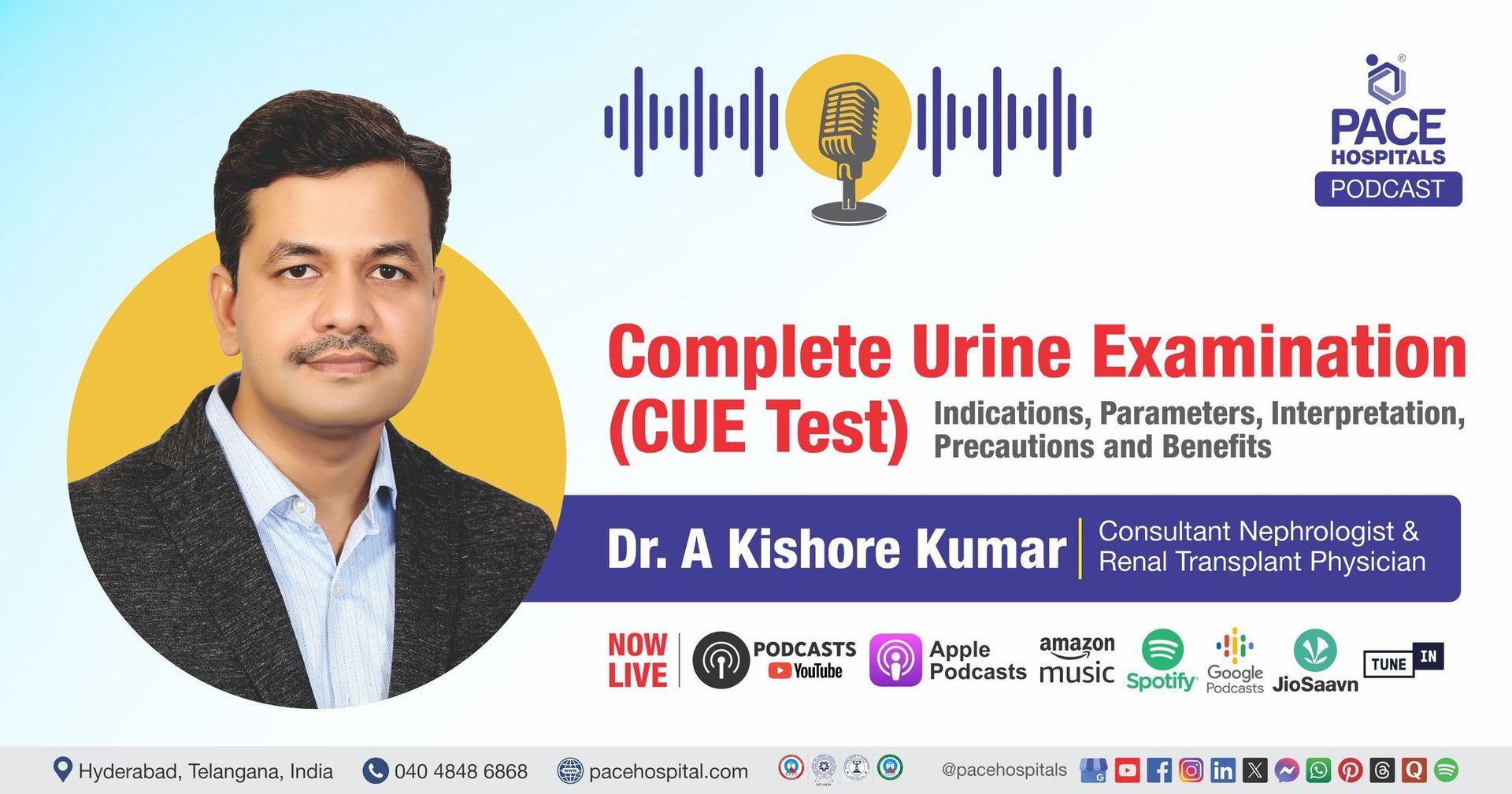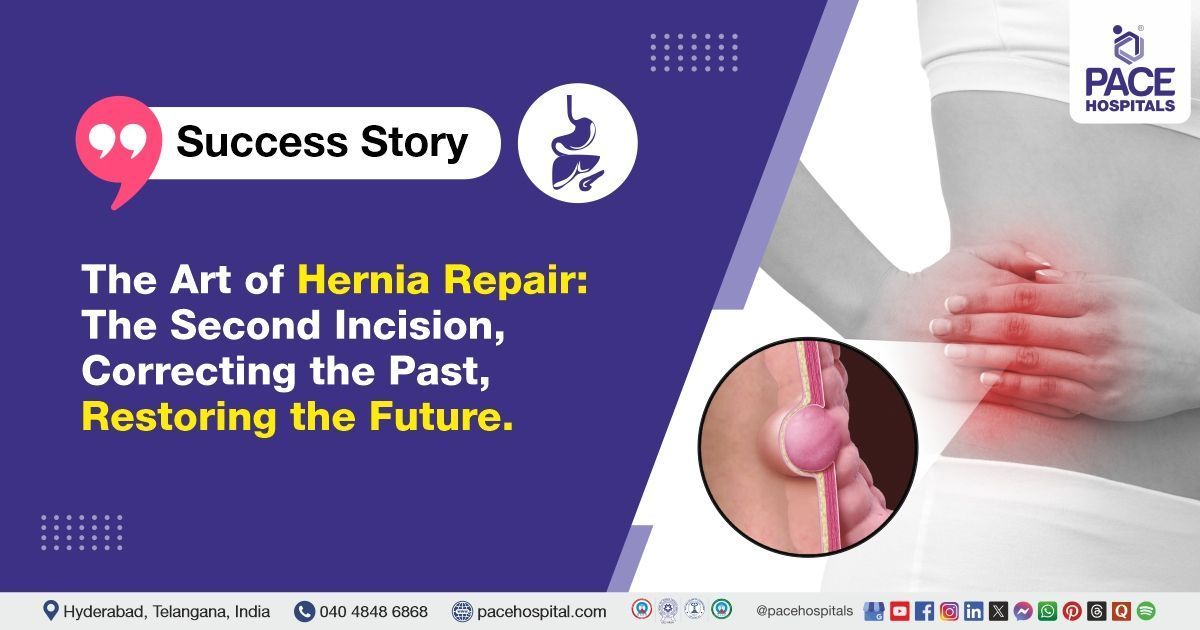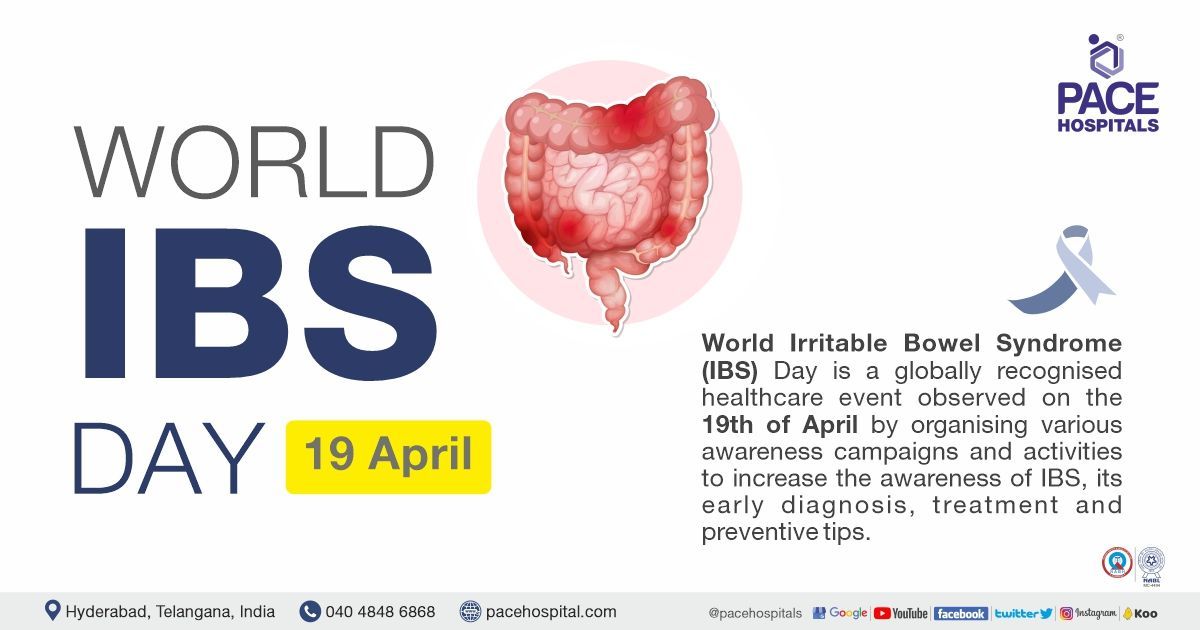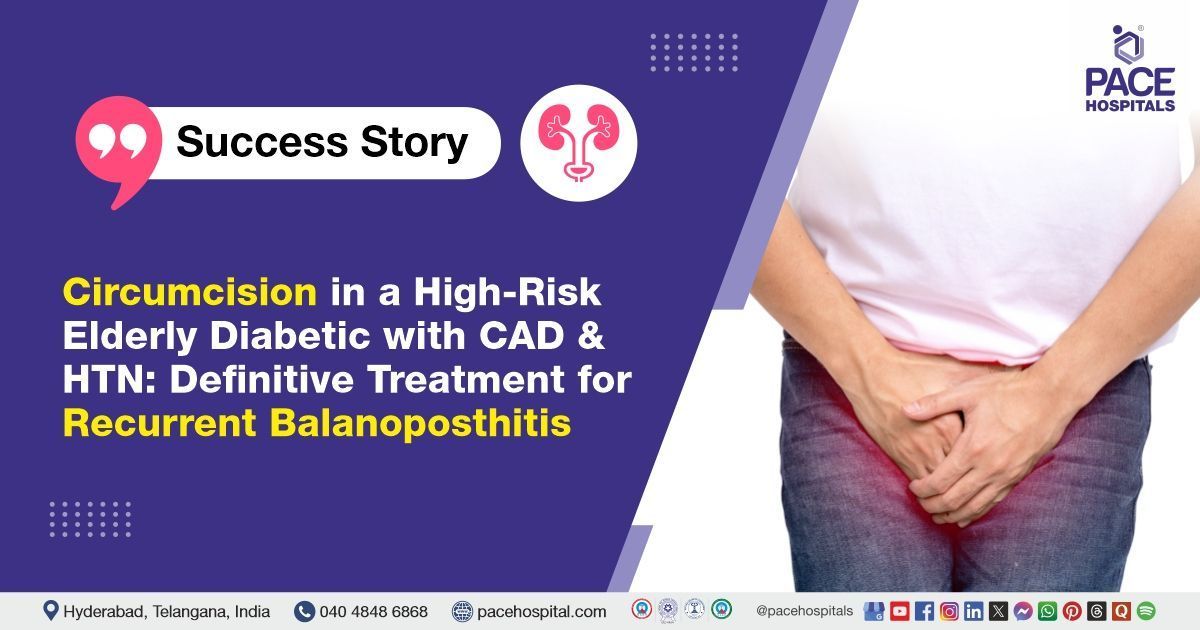Achalasia Cardia associated Esophageal Candidiasis treated with POEM Procedure
An adult male patient from Indore, Madhya Pradesh, presented with severe difficulty in swallowing both liquids and solids for the past four months, along with cough, weight loss of 7 kgs over three months. He was diagnosed with achalasia cardia associated with Esophageal candidiasis. The patient underwent a minimally invasive Peroral Endoscopic Myotomy (POEM) procedure.
Chief complaints
A 66-year-old male patient from Indore, Madhya Pradesh, presented with severe difficulty in swallowing both liquids and solids for the past 4 months. He also experienced a persistent cough without expectoration and unintentional weight loss of 7 kg over the past 3 months. These symptoms significantly impacted his daily activities and quality of life, prompting him to seek medical attention.
Medical history
The patient had no significant past medical history of gastrointestinal conditions, except for the recent onset of dysphagia and associated weight loss. The patient’s history also indicated a progressive decrease in the ability to swallow food and liquids, causing significant distress and nutritional challenges.
Physical examination
On examination, the patient appeared moderately malnourished with a weight loss of 7 kgs over the past three months. Vital signs were stable, with no abnormalities detected during the general examination. The patient was conscious, cooperative, and oriented. No palpable abdominal mass was detected, and the respiratory examination revealed no signs of acute distress. Other systems were within normal limits.
Diagnosis
The diagnosis was confirmed with an
upper gastrointestinal endoscopy (UGI), which revealed signs suggestive of
achalasia cardia, coupled with Kodsi Grade A esophageal candidiasis. The patient exhibited classic signs of achalasia, a disorder of the esophagus that affects the ability of the lower esophageal sphincter to relax, causing difficulty in swallowing. Esophageal candidiasis was also diagnosed, which was likely a result of altered swallowing dynamics and possible immunosuppression.
Medical decision making (MDM)
Based on the clinical findings and investigation reports, the decision was made by the interventional gastroenterologist, transplant hepatologist, pancreatologist and endosonologist,
Dr. Govind Verma, along with
Dr. M Sudhir, to proceed with a
Peroral Endoscopic Myotomy (POEM) to treat achalasia cardia, which is a minimally invasive procedure that helps alleviate symptoms by cutting the muscle fibers of the lower esophageal sphincter.
Treatment
The patient underwent the Peroral Endoscopic Myotomy (POEM) procedure to treat achalasia cardia. He was started on IV fluids to maintain hydration and antibiotics to prevent any potential infections.
Antifungal medications were administered to treat Kodsi Grade A esophageal candidiasis, and proton pump inhibitors (PPIs) were prescribed for acid control. Additionally, supportive management, including pain relief and antiemetic therapy, was provided to ensure the patient’s comfort and facilitate recovery.
Post-treatment
Post-operative recovery was uneventful, with no signs of infection or complications. A gastrograffin swallow test showed transient retention of contrast in the lower esophagus, a common finding after POEM. The patient remained hemodynamically stable throughout the hospital stay, and no adverse symptoms such as fever, vomiting, or abdominal pain were noted.
The patient was managed with IV fluids, antibiotics, antifungals, and PPIs for the first few days post-surgery.
Discharge notes
The patient was discharged after a stable recovery. He was recommended to continue PPIs and expectorants as prescribed, a clear liquid diet for the next 7 days, followed by a liquid diet for 7 more days, and then transition to a soft diet. In case of any emergency symptoms such as fever, abdominal pain, or vomiting, the patient was instructed to report to the emergency ward immediately.
The patient was also advised to follow up with Dr. Govind Verma in the outpatient department after 6 weeks for a review of his condition.
Esophageal Candidiasis in Achalasia Cardia
Esophageal candidiasis is a fungal infection commonly caused by Candida albicans, affecting the esophagus. In patients with achalasia cardia, it occurs due to prolonged food stasis and impaired esophageal clearance, creating an ideal environment for fungal overgrowth. achalasia, characterized by the failure of the lower esophageal sphincter to relax and poor esophageal motility, results in retained food and secretions, predisposing the mucosa to fungal infections.
Patients with esophageal candidiasis often present with dysphagia, odynophagia, and sometimes retrosternal discomfort, overlapping symptoms of achalasia, which can complicate diagnosis. upper gastrointestinal endoscopy (UGI) is a crucial diagnostic tool, revealing whitish plaques or patches in the esophageal mucosa.
Management involves addressing the underlying achalasia with procedures like Peroral Endoscopic Myotomy (POEM) and antifungal therapy. Prompt treatment ensures symptom relief, reduces complications like strictures, and improves the patient's quality of life.
Share on
Request an appointment
Fill in the appointment form or call us instantly to book a confirmed appointment with our super specialist at 04048486868

